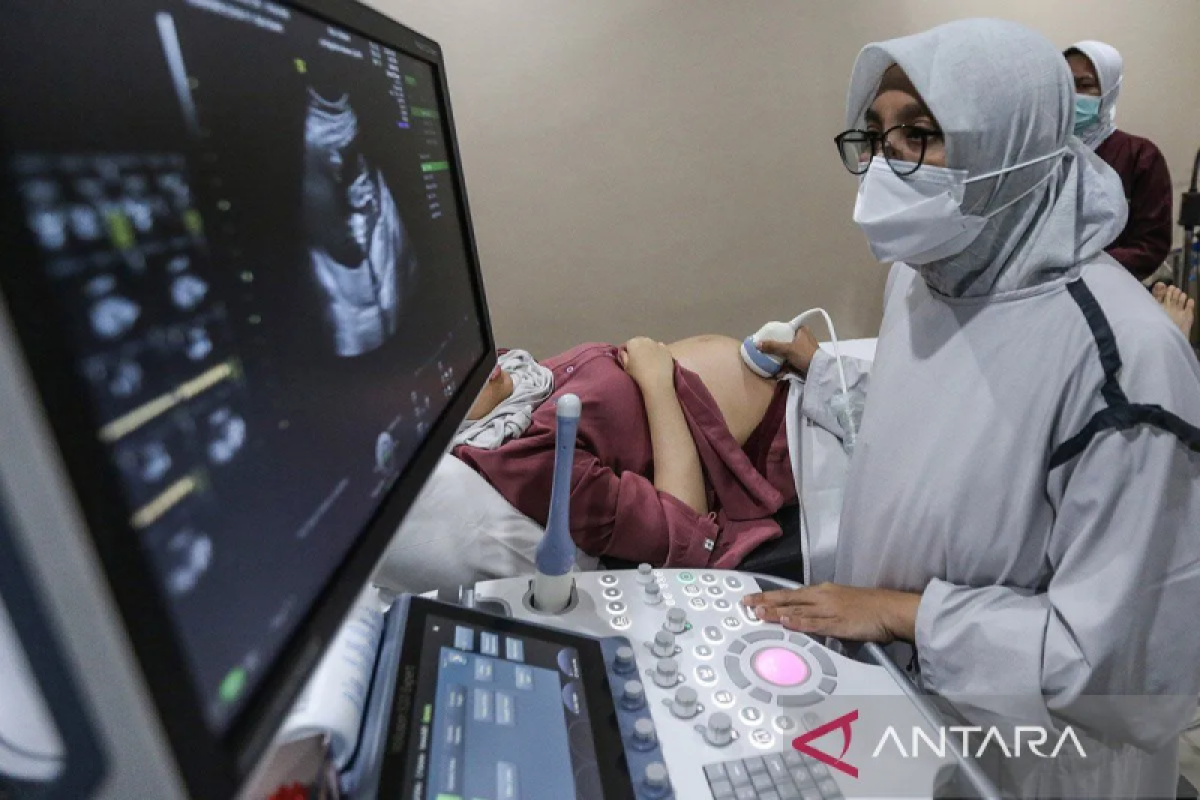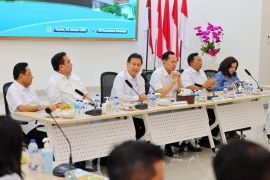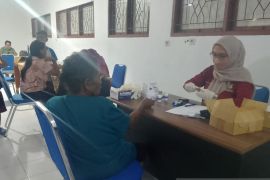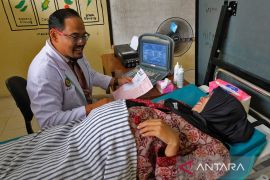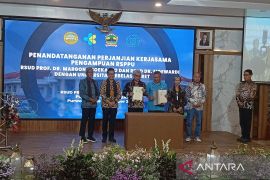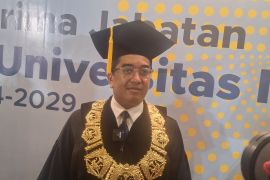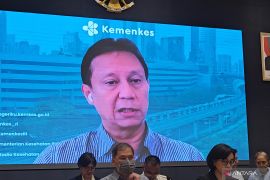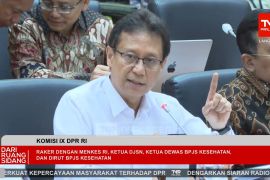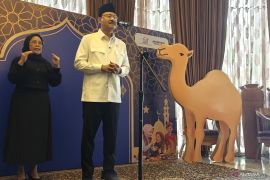During a hearing with Commission IX of the House of Representatives (DPR RI) on Tuesday, Minister of Health Budi Gunadi Sadikin said the new system has been implemented in the first phase through six main teaching hospitals that manage specialist medical education programs (PPDS).
“This new model uses the ACGME system, which is transparent, digital-based, and free from seniority culture. Everything is system-driven—there's no room for personal bias or favoritism,” Sadikin explained.
He emphasized that reform is urgently needed due to Indonesia’s shortage of specialist doctors. Despite having a population five times larger than the United Kingdom, Indonesia produces only around 2,700 specialist doctors annually, compared to the UK’s 6,000.
Sadikin identified the root of the problem as the outdated structure of Indonesia’s specialist training, which is academic rather than professional. In the current system, trainees must leave their jobs and pay tuition fees of up to tens of thousands of US dollars.
“In other countries, specialist trainees continue working in hospitals while developing their skills,” he said. “Here, they stop working, pay high fees, and after graduating, they have to search for jobs again. This model exists only in Indonesia.”
He expressed confidence that the ACGME-based system will allow trainees to continue working while pursuing their education.
The ACGME model is already used in more than 900 teaching hospitals in the United States, supporting around 162,000 active residents. It has also been adopted by countries such as Singapore and Saudi Arabia.
“Singapore faced similar challenges in the early 2000s and used the ACGME system for 15 years to reform its medical education. This approach is proven—it’s not experimental,” he noted.
Sadikin added that while the traditional PPDS system remains in place, the government is implementing the new model in parallel to help close the specialist doctor gap.
“Our goal is simple: to produce internationally qualified specialist doctors through a fair, transparent, and less burdensome education system,” he pointed out.
Related news: No health service disruption at Unpad PPDS temporary suspension: govt
Related news: RI Govt prescribes mental health tests for PPDS students
Translator: M. Riezko Bima, Resinta Sulistiyandari
Editor: Anton Santoso
Copyright © ANTARA 2025
